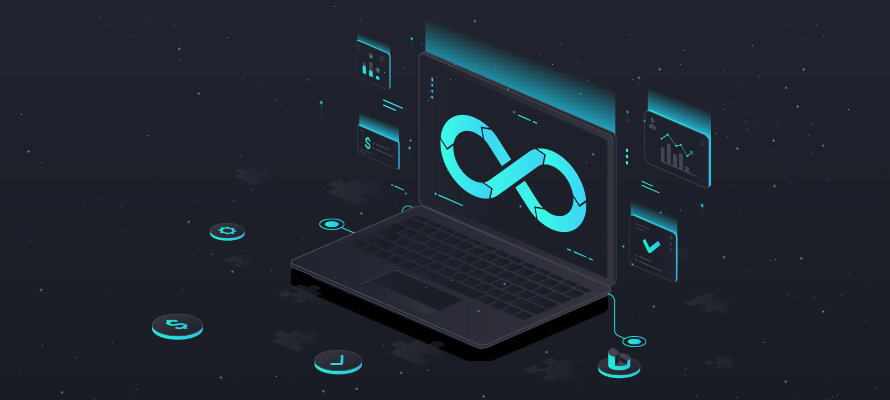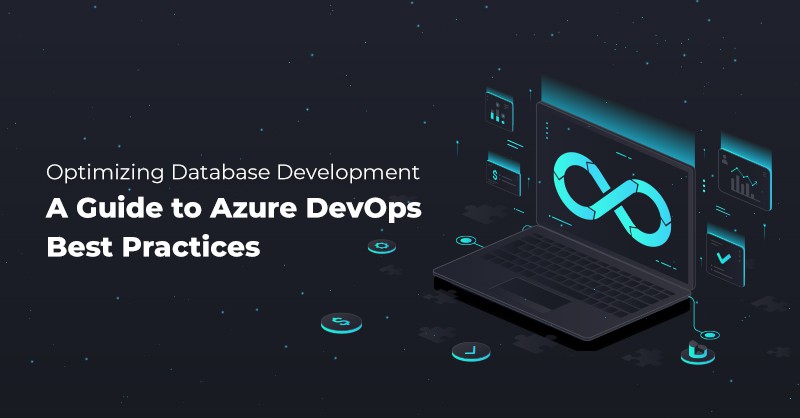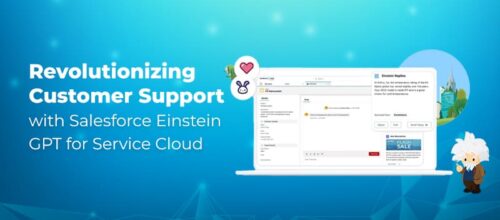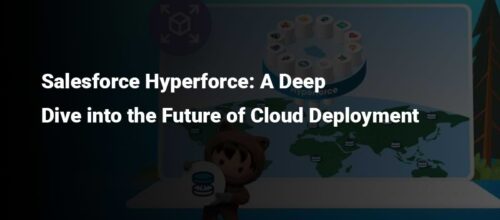Optimizing Database Development: A Guide to Azure DevOps Best Practices

Senior Software Engineer
November 29, 2023
Azure Pipelines enables you to create, test, and deploy applications to various targets, such as Azure, on-premises servers, or other cloud providers. It supports various programming languages, platforms, and tools, making it a versatile solution for diverse development needs. Azure Pipelines is a part of Azure DevOps Services but can also be used independently.
Version Control for Database Schema
Azure repos enables version control for the database schema, allowing teams to track and manage changes to the database structure over time. This helps in maintaining a history of schema modifications, facilitating the ability to revert to previous versions, and ensuring that changes can be tracked and audited.
Collaboration and Teamwork
Azure Boards allows multiple team members to collaborate on the same database project. It enables developers, database administrators, and other stakeholders to contribute to the database development process, facilitating effective teamwork and coordination.
Change Tracking and Auditing
Branching and Merging Support
Azure repos enables the creation of separate branches for different database development tasks, such as feature development, bug fixes, or experiments. This feature allows teams to work on independent tasks concurrently and seamlessly merge changes into the central database structure, ensuring a streamlined and organized development process.
Code Reviews and Quality Assurance
Azure pipelines facilitate code reviews for database scripts, enabling teams to review database changes and optimizations thoroughly. This process helps identify potential issues, improve code quality, and ensure the database development follows best practices and standards.
Challenges Faced by the Customer & How Royal Cyber Addressed It
- Situation: The customer needed to maintain proper version control for the database scripts, and applying changes to multiple schemas with a single pipeline wasn’t implemented.
- Task: Created source control management, task dashboards, sprint planning, and CI/CD pipeline for different environments. We have conducted code reviews and approvals.
- Action: Royal Cyber proposed an SCM-based approach to maintain versioning of the database scripts and branching strategies for multiple environments. Established proper dashboards for task status and facilitated code change approvals or denials using Azure pipeline approvals.
- Results: The customer now had proper source code tracking and could simultaneously apply changes to multiple schemas. Stakeholders could either approve or deny the changes to higher-level environments.
Summary
Harini Krishnamurthy
Elevate Your Database Management with Royal Cyber
Recent Posts
- RPA Showdown: UiPath vs Automation Anywhere July 25, 2024
- Optimizing Your CMDB with Royal Cyber: A Comprehensive Assessment July 24, 2024
- Transform Order Management: AI-Driven B2B Integrations with IDP and Salesforce July 24, 2024
- Royal Cyber’s Custom Solutions for HCL Commerce July 23, 2024
Recent Blogs
- Harness the power of AI with Salesforce Einstein GPT for Service Cloud. Unlock innovative ways …Read More »
- Discover Salesforce Hyperforce, the future of cloud deployment. Explore its scalability, security, and global reach, …Read More »
- Artificial Intelligence (AI) has been making significant waves across various industries, revolutionizing business operations.Read More »



